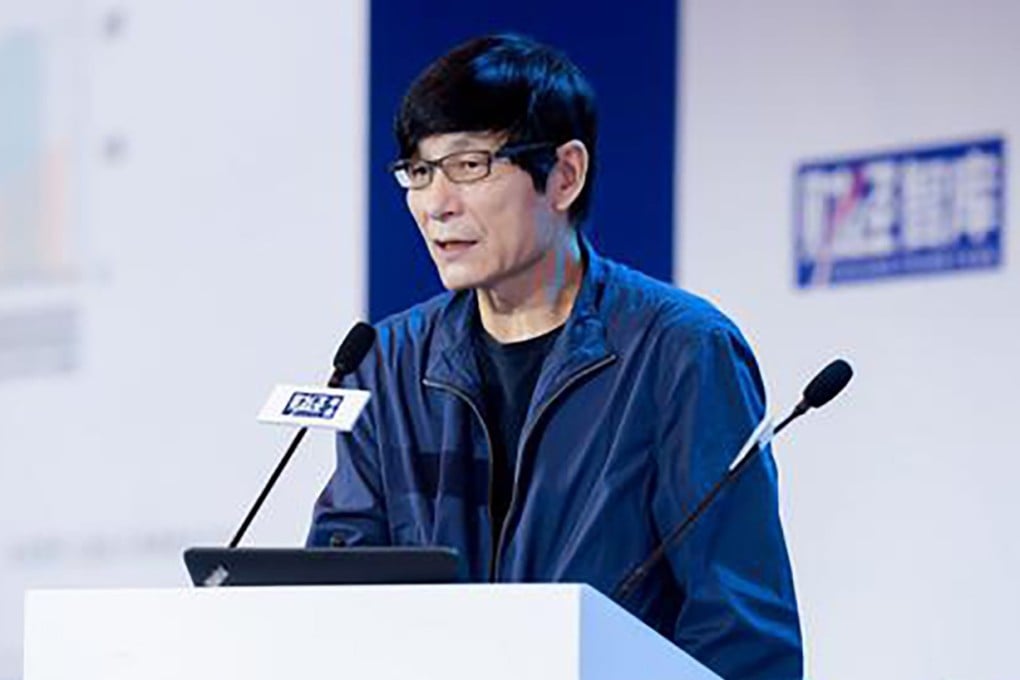China needs reforms, not easing, to support growth, says son of former premier Zhu Rongji
- Zhu Yunlai, the former president of China’s first investment bank, says it is ‘impossible’ to rescue any economy by printing money
- Reforms and structured government policy are the key to China’s economic transformation, says the son of former Premier Zhu Rongji

Excessive monetary easing will not save the global or Chinese economies, the ex-head of the country’s first investment bank and son of its greatest reformers said on Tuesday, and Beijing should instead have the courage to proceed with much needed structural reforms.
“It’s impossible to lift the economy out of mud by continuously printing money,” Zhu Yunlai, the former CEO of China International Capital Corporation (CICC), the country’s leading investment bank, told an annual conference organised by financial magazine Caijing.
[Monetary printing] seems to save the economy in the short term, but in the long run, it, like poison, will worsen the efficiency of the whole economy … We must stop it if it proves not to be good
“[Monetary printing] seems to save the economy in the short term, but in the long run, it, like poison, will worsen the efficiency of the whole economy … We must stop it if it proves not to be good.”
“This is also our biggest challenge for our [economic] transformation,” said Zhu, who served as the chief executive of CICC from 2004 to 2014 and is also known as Levin.
“Considering our industrial structure – we’ve already built enough housing. We should think about what kinds of industries we really need. If the services sector is the future, how can we improve its efficiency? All of these are challenges.”
Zhu’s opposition to excessive monetary loosening found support among Beijing academics, advisers and policymakers at the Caijing conference on Tuesday.
“I certainly don’t oppose countercyclical adjustments, but we must bear in mind that there could be a risk of forming new ‘financial zombies’ with excessive policy easing,” Huang Yiping, a former policy adviser of the Chinese central bank, said during a panel discussion.
